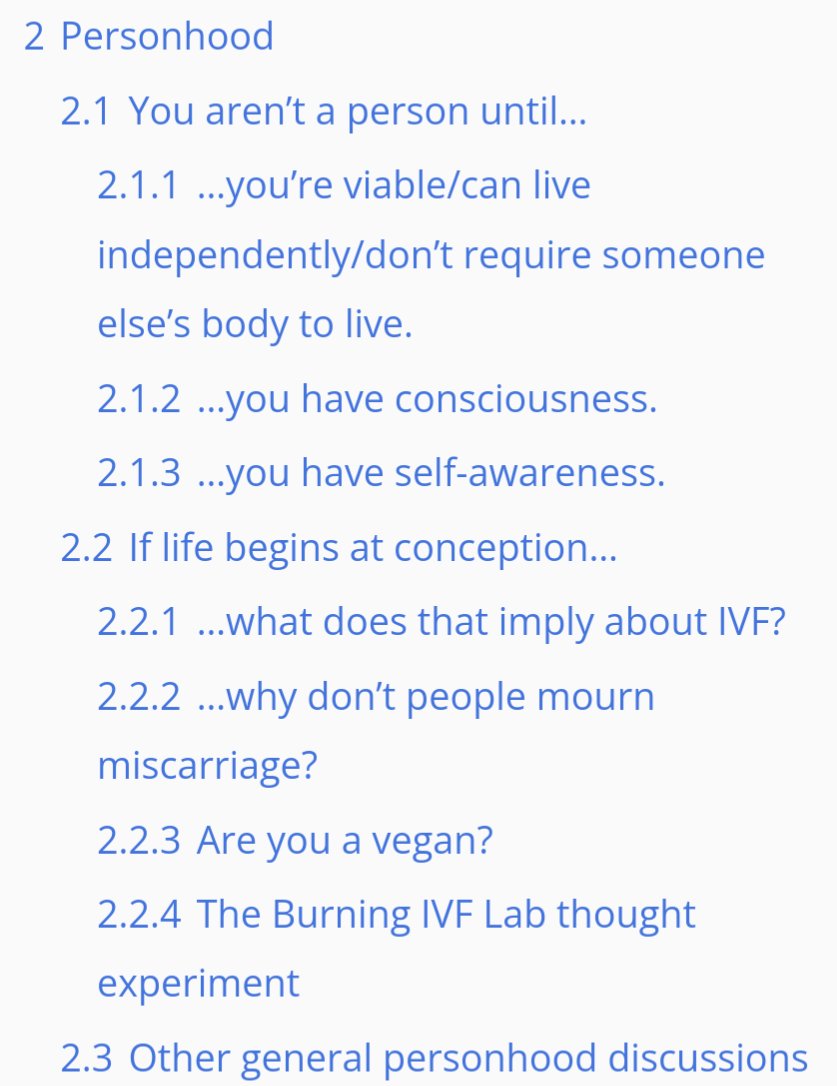We interviewed John Bockmann, co-author of the "Reconsidering Fetal Pain" article published earlier this year, which argues that unborn children can feel pain as early as 12 weeks. This is the story of how that article came to be: blog.secularprolife.org/2020/06/the-un… #prolife #theyfeelpain
The co-authors disagree on the morality of #abortion; one is #prolife and the other #prochoice. How they managed to find each other, collaborate, and produce an article that has been cited so widely in such a short period of time is truly remarkable.
Bockmann: "We can find important common ground w/ our ideological opposites, whether or not any minds change. This ability has huge implications for happiness and meaning, especially with how polarized our world is becoming. We must engage with curiosity, respect, and passion."
• • •
Missing some Tweet in this thread? You can try to
force a refresh









